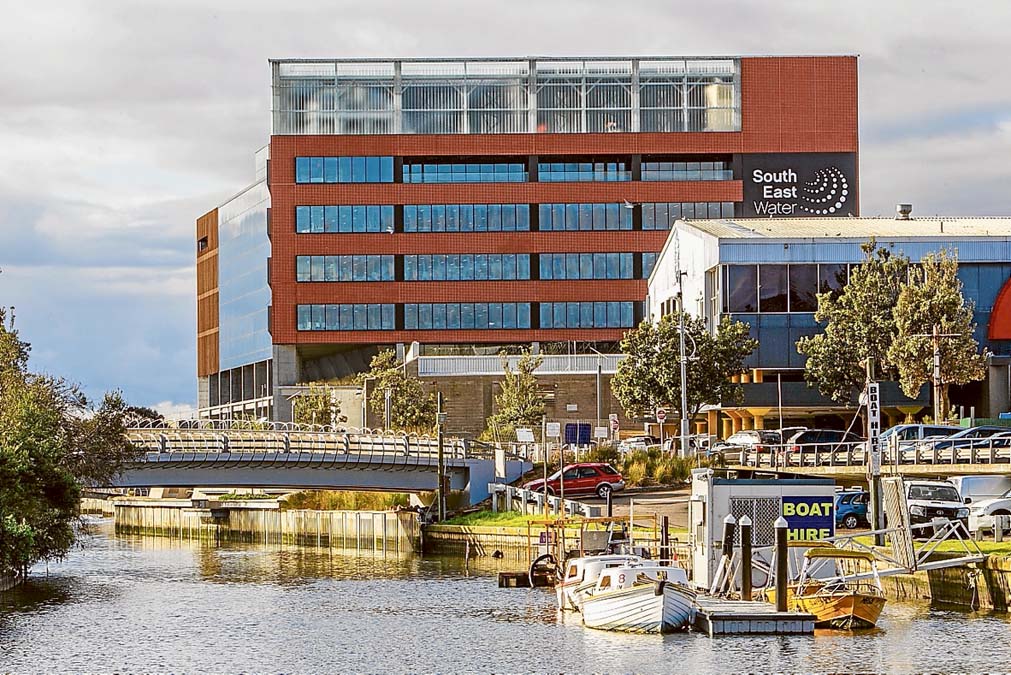SOUTH East Water has committed to net zero emissions by 2050 at the latest.
Australia’s climate policy has been the subject of much discussion in recent times, with Prime Minister Scott Morrison having just returned from the COP26 climate summit in Glasgow. A “plan” to achieve net zero emissions by 2050 was agreed to by the federal government last month, but key modelling was not released.
South East Water, which is based out of Frankston, says it is on track to reach net zero emissions by 2050, and would look into ways to reach it by 2030.
South East Water managing director Lara Olsen has acknowledged that companies in the water industry are big emitters worldwide. “The water industry is a huge contributor to carbon emissions across the globe, but also at the forefront of trying to minimise the impacts of our operations. We use significant amounts of electricity to deliver fresh clean water and to treat waste water that gets flushed down the drain, but we also understand our obligation and duty to protect our environment and water sources,” she said.
“COP26 brings together some of the most innovative brains on the planet, but there are home grown innovations and projects which also reduce our emissions. Using emerging technology our biosolid to biochar collaboration reduces the emissions used to transport the product for agricultural use. By adopting a circular economy approach and embracing innovation, technology and research we can achieve huge benefits for our environment, customers and community.
“We’re focused on creating a better world for our customers now, and for future generations. Net zero emissions are a key part of this and we’re proud to be joining others across the globe to help deliver this target.”
South East Water has committed to installing solar panels at water recycling plants, installing a combined heat and power unit running on biogas produced with organic matter to provide 40 per cent of power to its Mt Martha water recycling plant, upgrading the Boneo water recycling plant to “generate and capture biogas reducing the electricity needed to treat wastewater”, introducing hybrid vehicles, and purchasing around 10,000 MWh of renewable energy from Kiamal Solar Farm every year.

